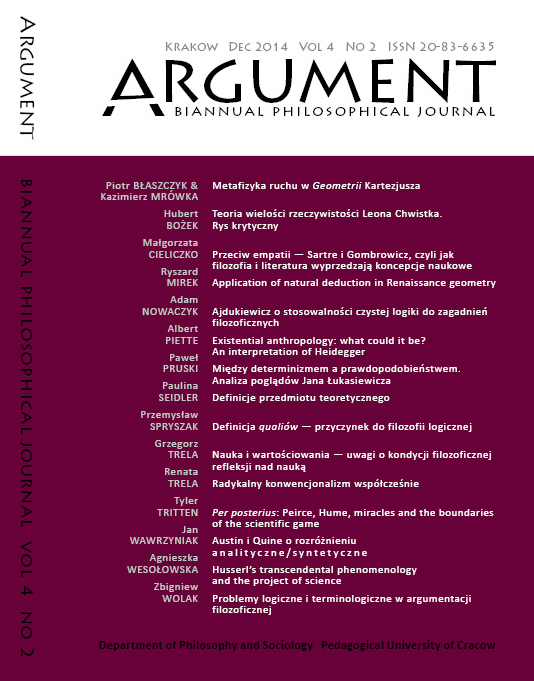
We kindly inform you that, as long as the subject affiliation of our 300.000+ articles is in progress, you might get unsufficient or no results on your third level or second level search. In this case, please broaden your search criteria.

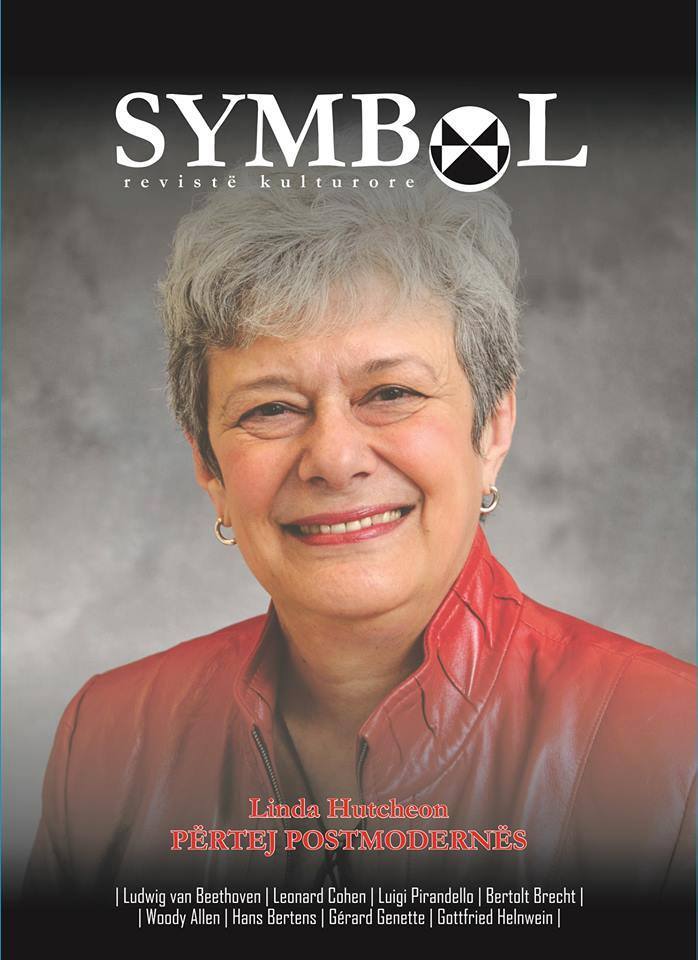
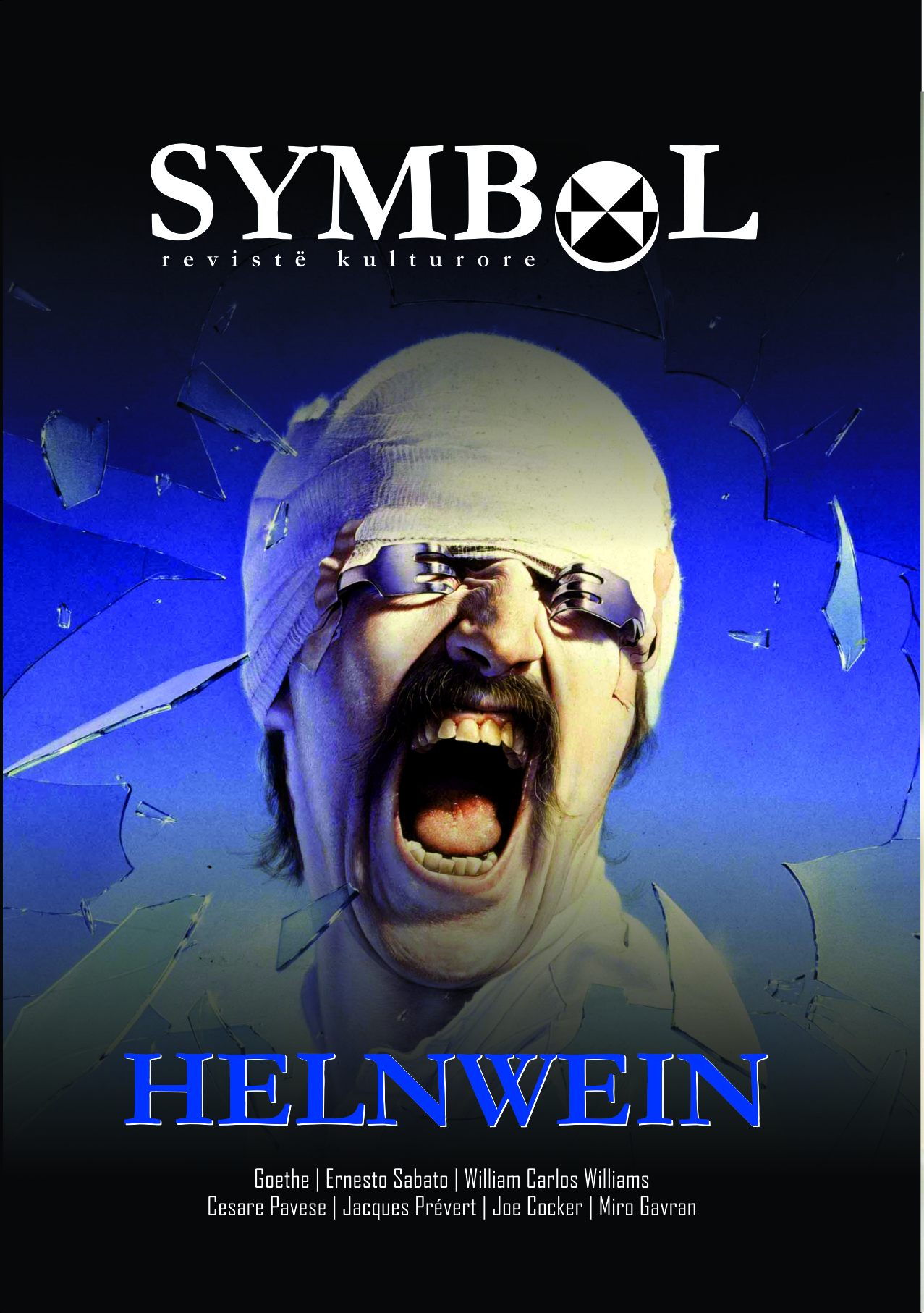
Depo në pallat. Është e mbushur me karrige, tryeza, grumbuj tepihësh, shandanë të shumtë. Oborrtarët rrallë vijnë këtu. Tre shokë mundohen të hyjnë nga dhoma afër. Janë të dehur dhe këndojnë me zë të lartë. Kur dera hapet, hyn Budallai, Molieri dhe Louis XIV, të kapur dorë për dore.
More...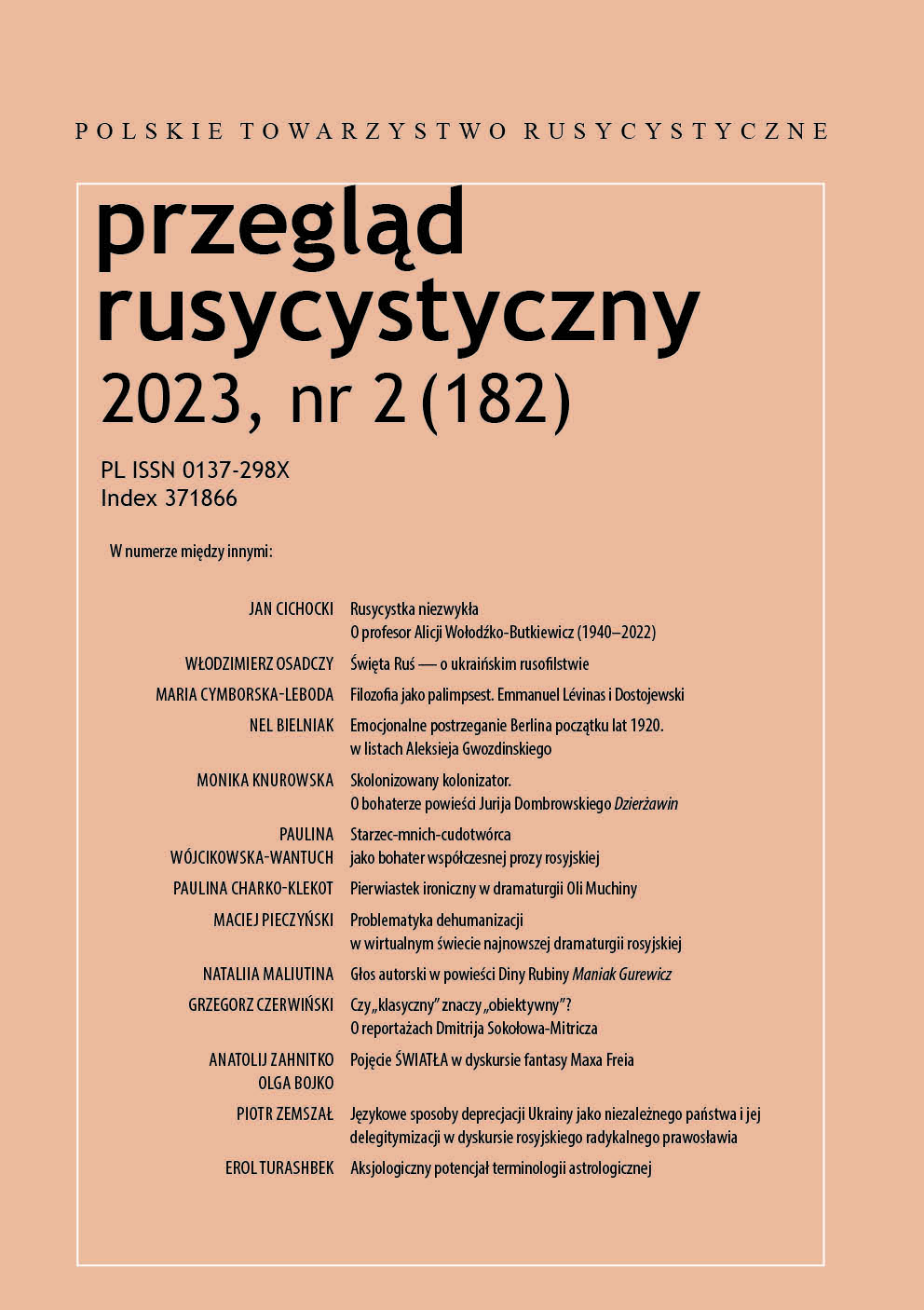
Post-Soviet Russian-language dramaturgy is text-centric and literature-centric. The most important point of reference for its creators is the widely understood text. Both literary and cultural texts. In their works, playwrights replace performative representation with retrospective storytelling. The center of interest is not so much the surrounding reality as its cultural image. In recent years, this image has become more and more virtual. Dramaturgy willingly uses information technology. Dialogues resemble online chats, and the characters’ relationships evoke associations with contact maintained via social networking sites. The reduction of the presented world to the level of virtual space results in the degradation of humanity. The protagonist of a contemporary drama, immersed in the space of the Internet, loses contact with the world around him. This in turn leads either to a complete demoralization or even to a complete dehumanization. In the discussed texts, man becomes his own digital simulacrum. Dehumanization is either literal or metaphorical. In the first case, the hero either loses his human nature or is not human at all. He ends up in the virtual world, turning into a character from a computer game, as in the play Net by Valery Pecheykin. Or maybe he’s part of that world himself — a video blogger with a camera instead of a hand, or an intelligent personal assistant named Siri. The protagonists, addicted to the Internet, and immersed in virtual space, are metaphorically dehumanized. The characters of the plays Journal of Alona Chizhuk by Julia Voronova and Grisha by Inga Vosk communicate with each other only through chats and social networking sites. The man described by contemporary Russian-language playwrights often uses an online nickname instead of his name, and treats sex, usually virtual, as an escape from reality, losing the ability not only to love but even to feel physical pleasure. The intertextual, text-centric “new drama” is slowly giving way to a new phenomenon that can be described as the Internet “new-new drama.” It is also text-centric, but at its center is virtual text.
More...
This article looks into the presence of irony in the artistic output of Olga Mukhina. This notion is not only a literary de- vice in the playwright’s plays, but above all, a way of thinking of the postmodern man. The ironic component and the accompanying categories of carnivalisation and play are used by Mukhina to highlight the impression of the instability of the postmodern world, for instance, through illogical, seemingly incoherent and ironic dialogues of the characters. The following works were analysed: Tanya-Tanya, You and Flying.
More...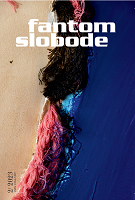
Radiodrama by Neva Lukić "More ili očuvanje povijesti jedne obitelji".
More...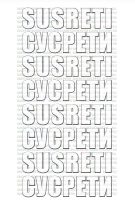




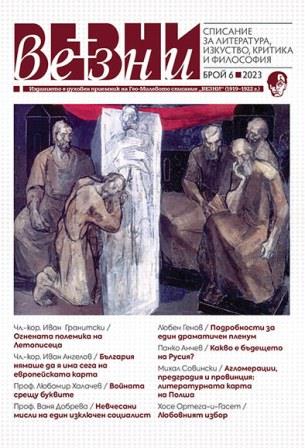
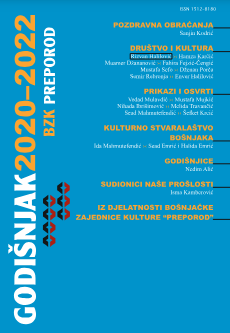
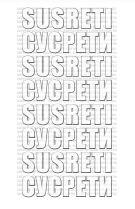




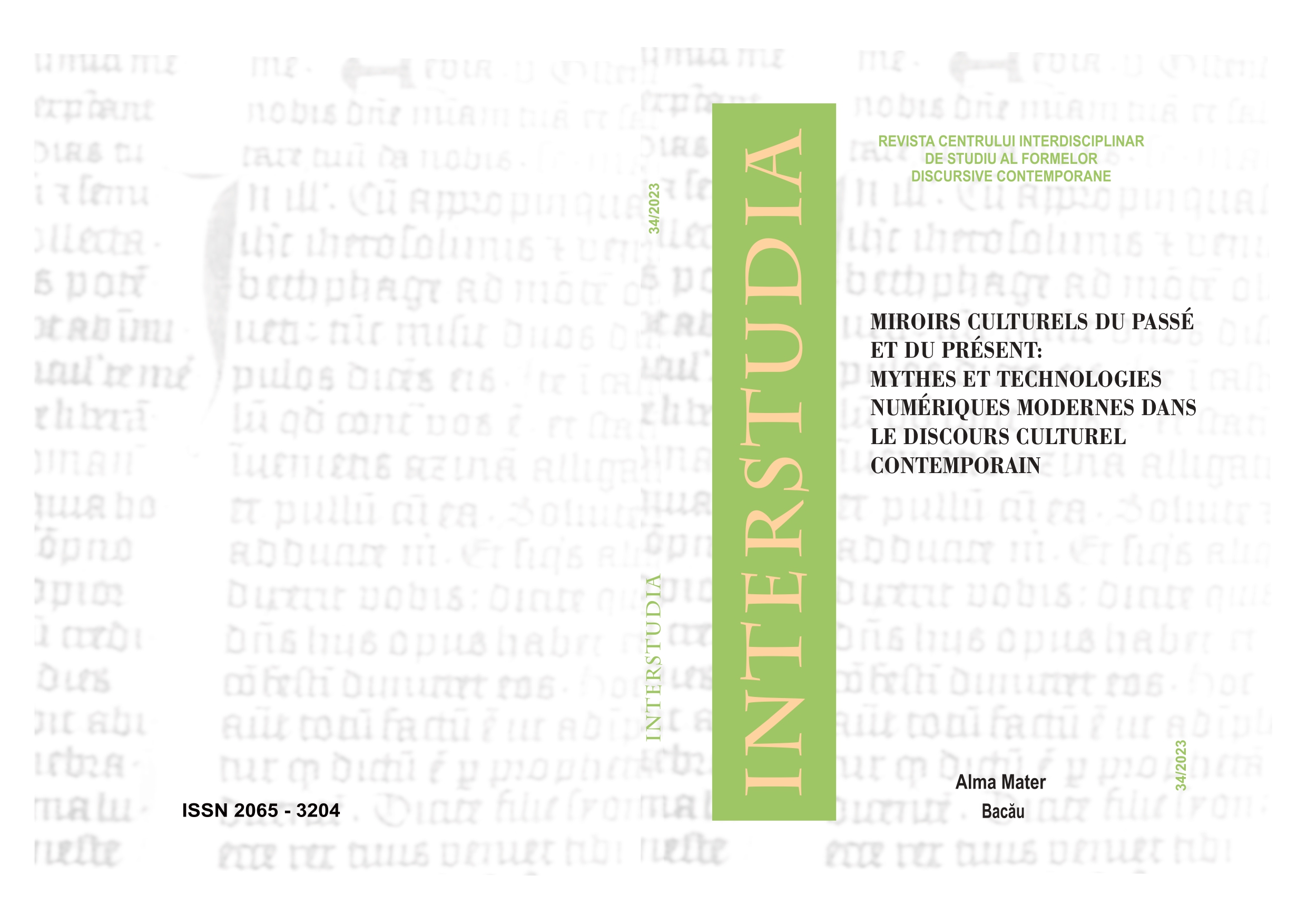
The paper "Considering Aboriginality: hauntological and feminist perspective on the "Third Space" in Jane Harrison's plays Stolen and Rainbow's End” examines the postcolonial social and cultural aspects related to the Australian Aboriginal people, using the concept of the "Third Space", developed by Homi K. Bhabha, reinterpreted and extended in selected aspects by hauntology theory (N. Abraham and M. Torok's phantom and J. Derrida's spectre) and feminist literary criticism. The analysis of selected aspects highlighted in the plays, such as distorted identity, no sense of belonging, specific settings and locations, characters' transformation and their relationships through the "Third Space" concept, with references to hauntology and feminism, may offer new interpretations and solutions to the issues connected with Aboriginality.
More...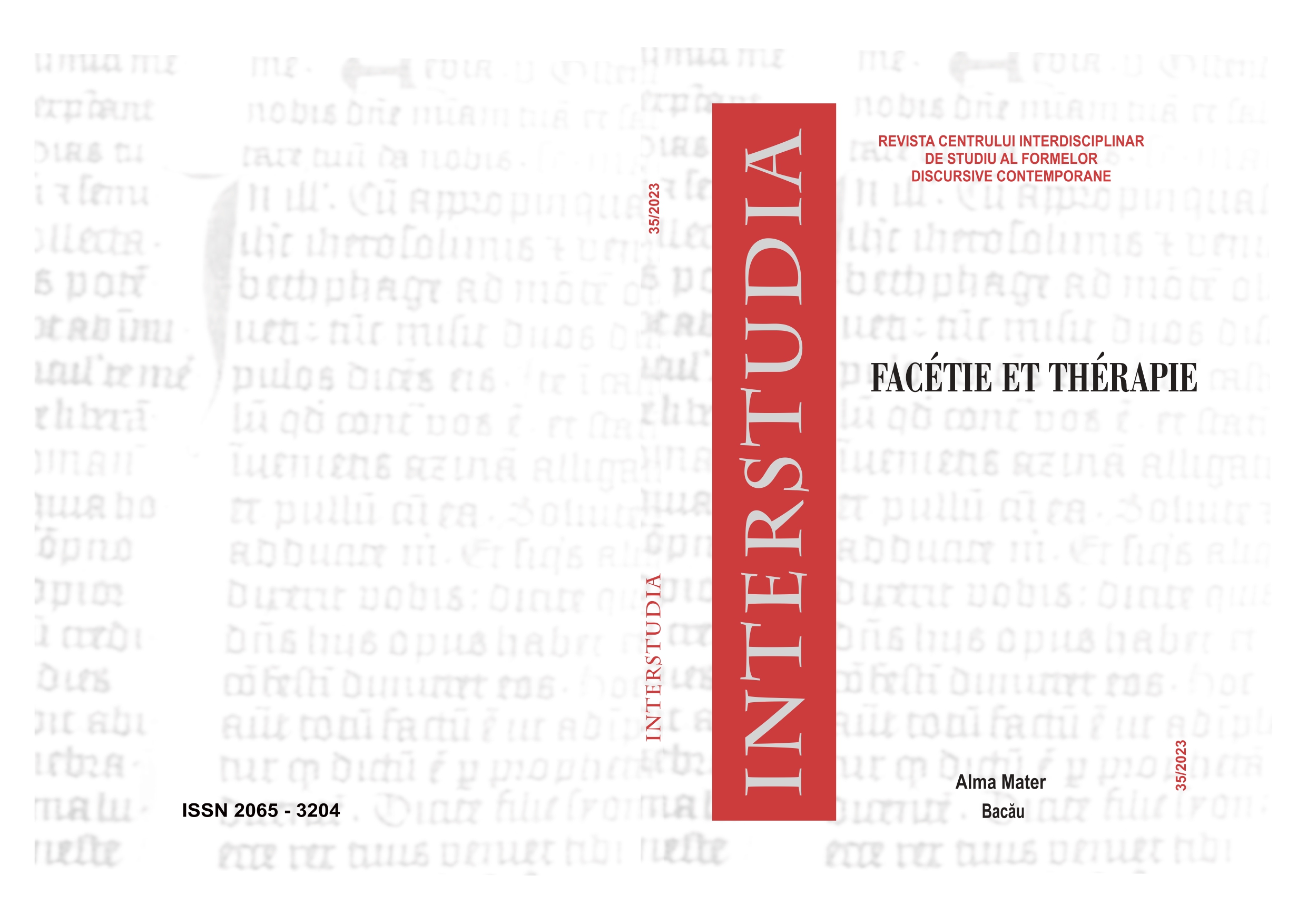
Based on the paradoxical aesthetics of hagiographic mystery plays, the Passion of Monseigneur Saint-Quentin (1460-1470), attributed to the court poet Jean Molinet, stages the martyrdom of an exceptional personage who displays a provocative joy during the atrocities that his torturers inflict on him. Inspired by the grace of God, the future saint however is also an outstanding orator who is able not only to convert a great Amiénois population to the Christian faith but to punish his adversaries, using mockery and derision, even driving one of them to madness. Does such an ambivalent discourse uttered by a follower of Christ who also plays the role of a farce character manipulating the “passions” of his interlocutors, find ethical legitimacy within a mystery play the aim of which consists of illustrating the moral perfection of the martyr embodying divine grace? Is laughter, which seeks to bring together a community at the expense of another, compatible with Christian charity?
More...